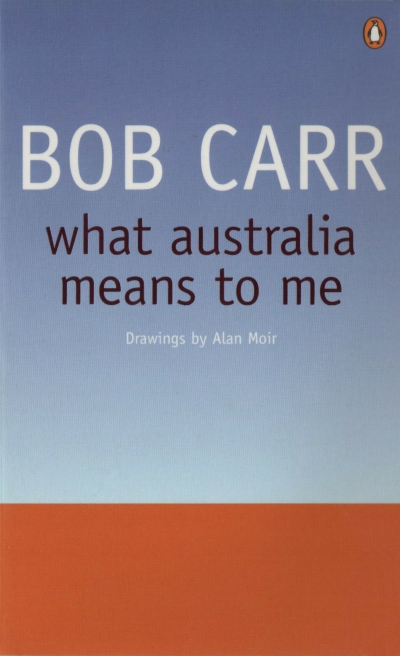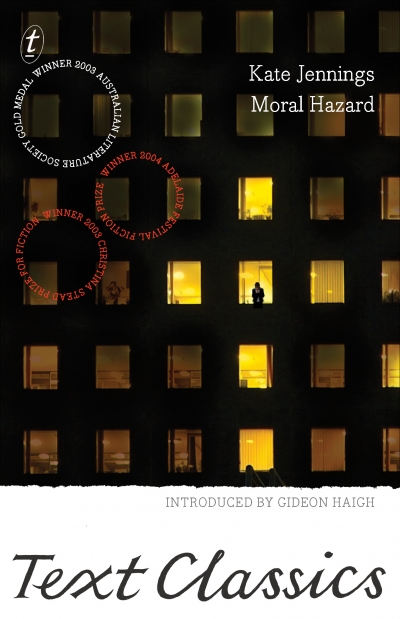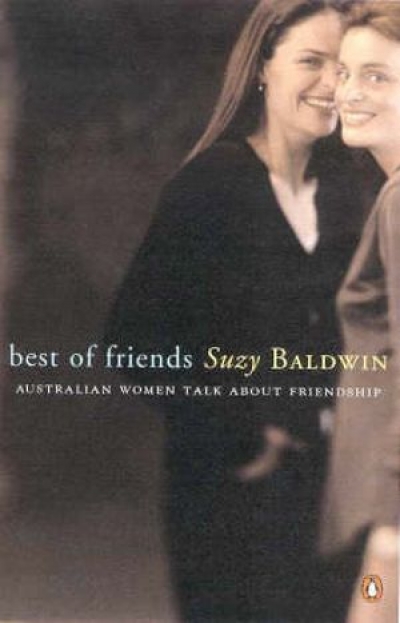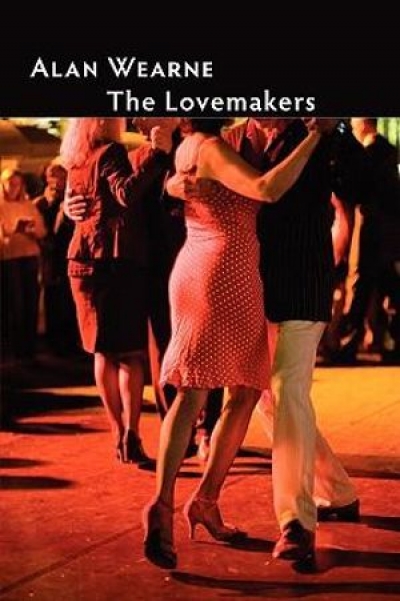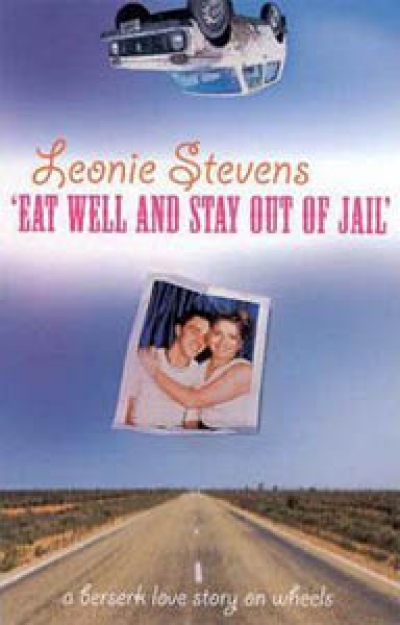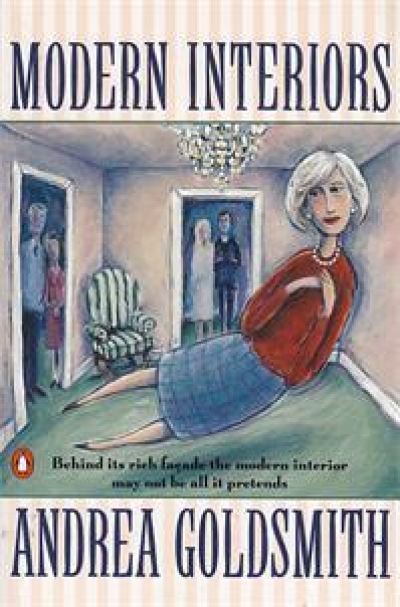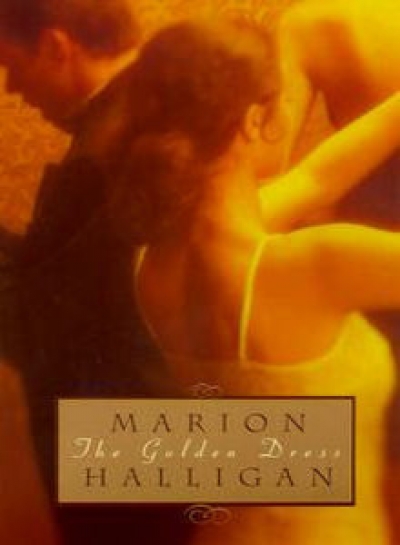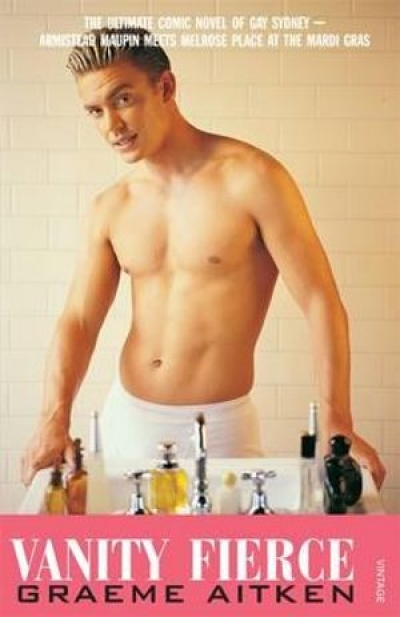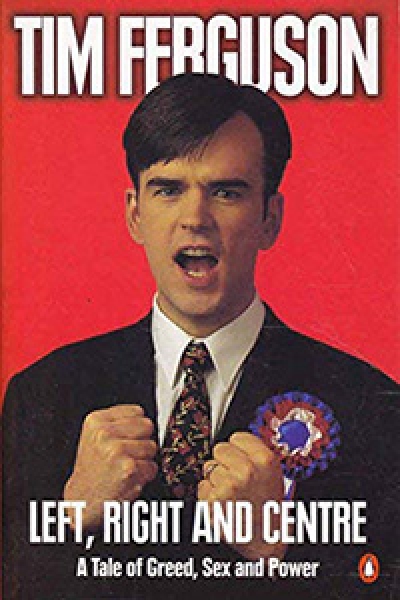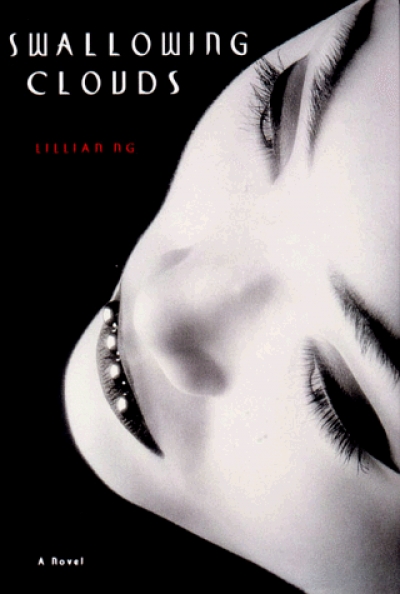Penguin
What Australia Means to Me by Bob Carr & Bob Carr by Andrew West and Rachel Morris
by Beverley Kingston •
Moral Hazard by Kate Jennings & Judgement Rock by Joanna Murray-Smith
by Delia Falconer •
Best of Friends by Suzy Baldwin & Friends and Enemies by Dorothy Rowe
by Stephanie Trigg •
Eat Well and Stay Out of Jail by Leonie Stevens & Perfect Skin by Nick Earls
by Linda Jaivin •
Vanity Fierce by Graeme Aitken & Gay Resort Murder Shock by Phillip Scott
by Dean Kiley •
Left, Right and Centre: A tale of sex, greed and power by Tim Ferguson
by Simon Clews •

